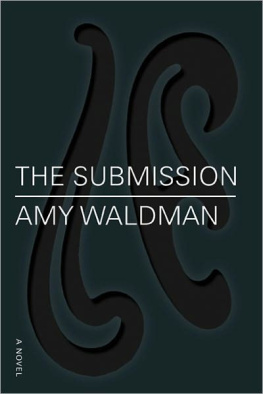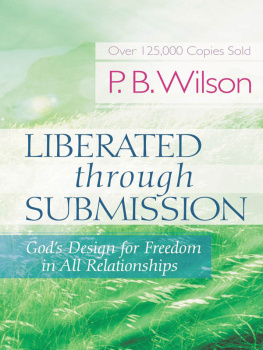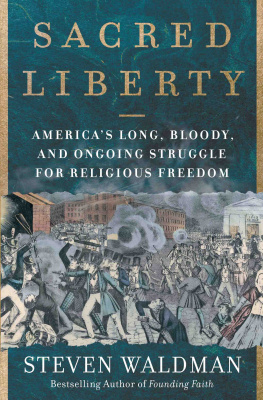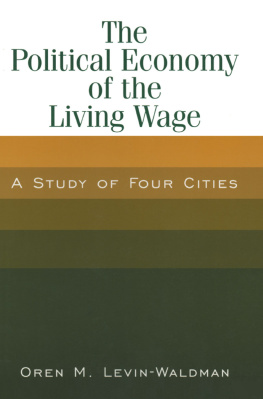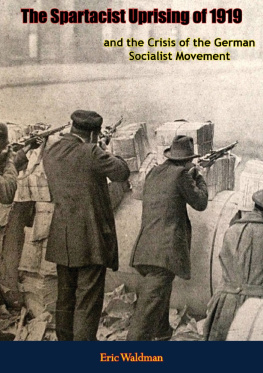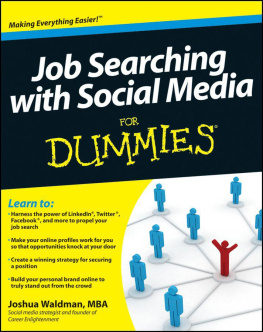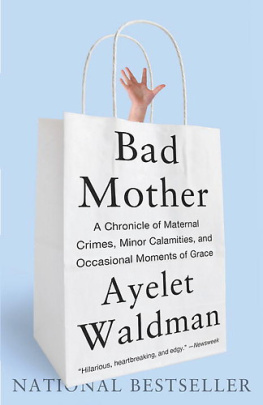The names, Claire said. What about the names?
Theyre a record, not a gesture, the sculptor replied. Arianas words brought nods from the other artists, the critic, and the two purveyors of public art arrayed along the dining table, united beneath her sway. She was the jurys most famous figure, its dominant personality, Claires biggest problem.
Ariana had seated herself at the head of the table, as if she were presiding. For the previous four months they had deliberated at a table that had no head, being round. It was in an office suite high above the gouged earth, and there the other jurors had deferred to the widows desire to sit with her back to the window, so that the charnel ground below was only a gray blur when Claire walked to her chair. But tonight the jury was gathered, for its last arguments, at Gracie Mansions long table. Ariana, without consultation or, it appeared, compunction, had taken pride of place, giving notice of her intent to prevail.
The names of the dead are expected; required, in fact, by the competition rules, she continued. For such a scouring woman, her voice was honeyed. In the right memorial, the names wont be the source of the emotion.
They will for me, Claire said tightly, taking some satisfaction in the downcast eyes and guilty looks along the table. Theyd all lost, of courselost the sense that their nation was invulnerable; lost their citys most recognizable icons; maybe lost friends or acquaintances. But only she had lost her husband.
She wasnt above reminding them of that tonight, when they would at last settle on the memorial. They had winnowed five thousand entries, all anonymous, down to two. The final pruning should have been easy. But after three hours of talk, two rounds of voting, and too much wine from the mayors private reserve, the conversation had turned ragged, snappish, repetitive. The Garden was too beautiful, Ariana and the other artists kept saying of Claires choice. They saw for a living, yet when it came to the Garden they wouldnt see what she saw.
The concept was simple: a walled, rectangular garden guided by rigorous geometry. At the center would be a raised pavilion meant for contemplation. Two broad, perpendicular canals quartered the six-acre space. Pathways within each quadrant imposed a grid on the trees, both living and steel, that were studded in orchard-like rows. A white perimeter wall, twenty-seven feet high, enclosed the entire space. The victims would be listed on the walls interior, their names patterned to mimic the geometric cladding of the destroyed buildings. The steel trees reincarnated the buildings even more literally: they would be made from their salvaged scraps.
Four drawings showed the Garden across the seasons. Claires favorite was the chiaroscuro of winter. A snow shroud over the ground; leafless living trees gone to pewter; cast-steel trees glinting with the rose light of late afternoon; the onyx surfaces of the canals shining like crossed swords. Black letters scored on the white wall. Beauty wasnt a crime, but there was more than beauty here. Even Ariana conceded that the spartan steel trees were an unexpected touchreminders that a garden, for all its reliance on nature, was man-made, perfect for a city in which plastic bags wafted along with birds and air-conditioner runoff mixed in with rain. Their forms would look organic, but they would resist a gardens seasonal ebb and flow.
The Void is too dark for us, Claire said now, as she had before. Us: the families of the dead. Only she, on the jury, stood for Us. She loathed the Void, the other finalist, Arianas favorite, and Claire was sure the other families would, too. There was nothing void-like about it. A towering black granite rectangle, some twelve stories high, centered in a huge oval pool, it came off in the drawings as a great gash against the sky. The names of the dead were to be carved onto its surface, which would reflect into the water below. It mimicked the Vietnam Veterans Memorial but, to Claire, missed the point. Such abstraction worked when humans could lay their hands on it, draw near enough to alter the scale. But the names on the Void couldnt be reached or even seen properly. The only advantage the design had was height. Claire worried that some of the familiesso jingoistic, so literal-mindedmight see the Garden as conceding territory to Americas enemies, even if that territory was air.
Gardens are fetishes of the European bourgeoisie, Ariana said, pointing to the dining-room walls, which were papered with a panorama of lush trees through which tiny, formally dressed men and women strolled. Ariana herself was, as usual, dressed entirely in a shade of gruel that she had patented in homage to and ridicule of Yves Kleins brilliant blue. The mockery of pretension, Claire decided, could also be pretentious.
Aristocratic fetishes, the jurys lone historian corrected. The bourgeoisie aping the aristocracy.
Its French, the wallpaper, the mayors aide, his woman on the jury, piped up.
My point being, Ariana went on, that gardens arent our vernacular. We have parks. Formal gardens arent our lineage.
Experiences matter more than lineages, Claire said.
No, lineages are experiences. Were coded to have certain emotions in certain kinds of places.
Graveyards, Claire said, an old tenacity rising within her. Why are they often the loveliest places in cities? Theres a poemGeorge Herbertwith the lines: Who would have thought my shriveld heart / Could have recoverd greennesse? A college friend had written the scrap of poetry in a condolence card. The Garden, she continued, will be a place where wewhere the widows, their children, anyonecan stumble on joy. My husband she said, and everyone leaned in to listen. She changed her mind and stopped speaking, but the words hung in the air like a trail of smoke.
Which Ariana blew away. Im sorry, but a memorial isnt a graveyard. Its a national symbol, an historic signifier, a way to make sure anyone who visitsno matter how attenuated their link in time or geography to the attackunderstands how it felt, what it meant. The Void is visceral, angry, dark, raw, because there was no joy on that day. You cant tell if that slab is rising or falling, which is honestit speaks exactly to this moment in history. Its created destruction, which robs the real destruction of its power, dialectically speaking. The Garden speaks to a longing we have for healing. Its a very natural impulse, but maybe not our most sophisticated one.
You have something against healing? Claire asked.
We disagree on the best way to bring it about, Ariana answered. I think you have to confront the pain, face it, even wallow in it, before you can move on.
Ill take that under consideration, Claire retorted. Her hand clamped over her wineglass before the waiter could fill it.
Paul could barely track who was saying what. His jurors had devoured the comfort food he had requestedfried chicken, mashed potatoes, brussels sprouts with baconbut the comfort was scant. He prided himself on getting along with formidable womenwas, after all, married to onebut Claire Burwell and Ariana Montagu together strained him, their opposing sureties clashing like electric fields, the room crackling with their animus. In her critique of the Gardens beauty, of beauty itself, Paul sensed Ariana implying something about Claire.
His mind wandered to the coming days, weeks, months. They would announce the winning design. Then he and Edith would visit the Zabars at their home in Menerbes, a respite for Paul between the months of deliberation and the fund-raising for the memorial that would begin on his return. It would be a major challenge, with the construction of each of the two finalists estimated at $100 million, minimum, but Paul enjoyed parting his friends from serious money. Countless ordinary Americans were sure to open their wallets, too.


